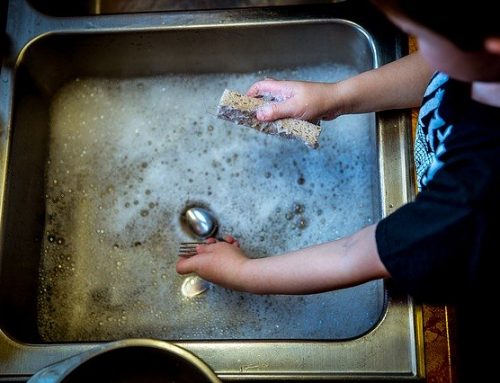 For about 10 percent, the sadness and loneliness stubbornly hangs on and becomes worse with time. Women, whose identity is more tied up with child rearing, are more likely than men to suffer from the cheerily named empty nest syndrome (sounds like something a Disney character would experience, doesn’t it?). It may not be formally listed in the Diagnostic and Statistic Manual of Mental Disorders (DSM-IV), but empty nest syndrome exists. Its effects can be anything but cheery: excessive crying, feeling that life has lost purpose, and difficulty creating a new life without kids. If you feel that your grief is extreme and persistent, it’s time to consider finding a therapist who can steer you away from the looming depression and get you back to a rewarding life.Even if your post-parental period doesn’t feel threatening, you can help yourself recover with a few techniques:
For about 10 percent, the sadness and loneliness stubbornly hangs on and becomes worse with time. Women, whose identity is more tied up with child rearing, are more likely than men to suffer from the cheerily named empty nest syndrome (sounds like something a Disney character would experience, doesn’t it?). It may not be formally listed in the Diagnostic and Statistic Manual of Mental Disorders (DSM-IV), but empty nest syndrome exists. Its effects can be anything but cheery: excessive crying, feeling that life has lost purpose, and difficulty creating a new life without kids. If you feel that your grief is extreme and persistent, it’s time to consider finding a therapist who can steer you away from the looming depression and get you back to a rewarding life.Even if your post-parental period doesn’t feel threatening, you can help yourself recover with a few techniques:
- Before your child leaves, create a moving-on ceremony that will help you both accept that a major life change is coming. Write letters of farewell to each other, spelling out how much you’ve enjoyed your years together and all that you hope for each other. Plant a tree, take a camping trip, go out for a fancy adult dinner, invite friends and family to a barbecue – whatever you agree together would be a meaningful and memorable farewell.
- Find supporters among your family and friends, or a group of other parents dealing with the same issue. Talking, laughing, and crying about what you’re feeling will soften your distress.
- Make a plan for your future. You’ve got a lot of years of living ahead of you. What are you going to do with them? Like your child, you are facing many wide-open possibilities. Take a class on a subject that’s always intrigued you, volunteer, travel, get a pet.
- Get around to all those lifestyle improvements you’ve been putting off. Exercise regularly: return to the tennis or golf or dancing you gave up when children demanded your time, or take up something new and exciting (sky diving?). Fix the healthy meals your kids sneered off the table.
- Rediscover your spouse. That person on the other side of the bed is no longer someone to take a mid-night feeding shift or to pick up or deliver the kids. He’s still the guy you fell for a long time ago. Romance is back on the table. Have fun.
- Make the most of the extra room. Blasphemy! That’s a precious shrine to the child who used to inhabit that space, but chances are before too long the possibilities will overcome your sentimentality: that office or craft room you’ve always craved, a really fine space for the guests you can now host, space for a luxurious expansion of the bathroom or kitchen or den.
- Keep in touch with your child. Don’t overdo it – the point is for her to try her hand at independence – but a weekly Skype session will reassure both of you that all is well. Who knows, she might even have discovered that your advice has value.
If you find yourself slipping into despair remember that an increasing number of adult children return home – the Pew Research Center put the percentage of adult children 18 to 31 living with their parents at 24 percent in 2012. The causes vary: they can’t find a job or want to save for a home of their own or are recovering from a layoff or divorce. That empty nest may look pretty appealing with that statistic in mind.
Click here for more information on Family Therapy.




